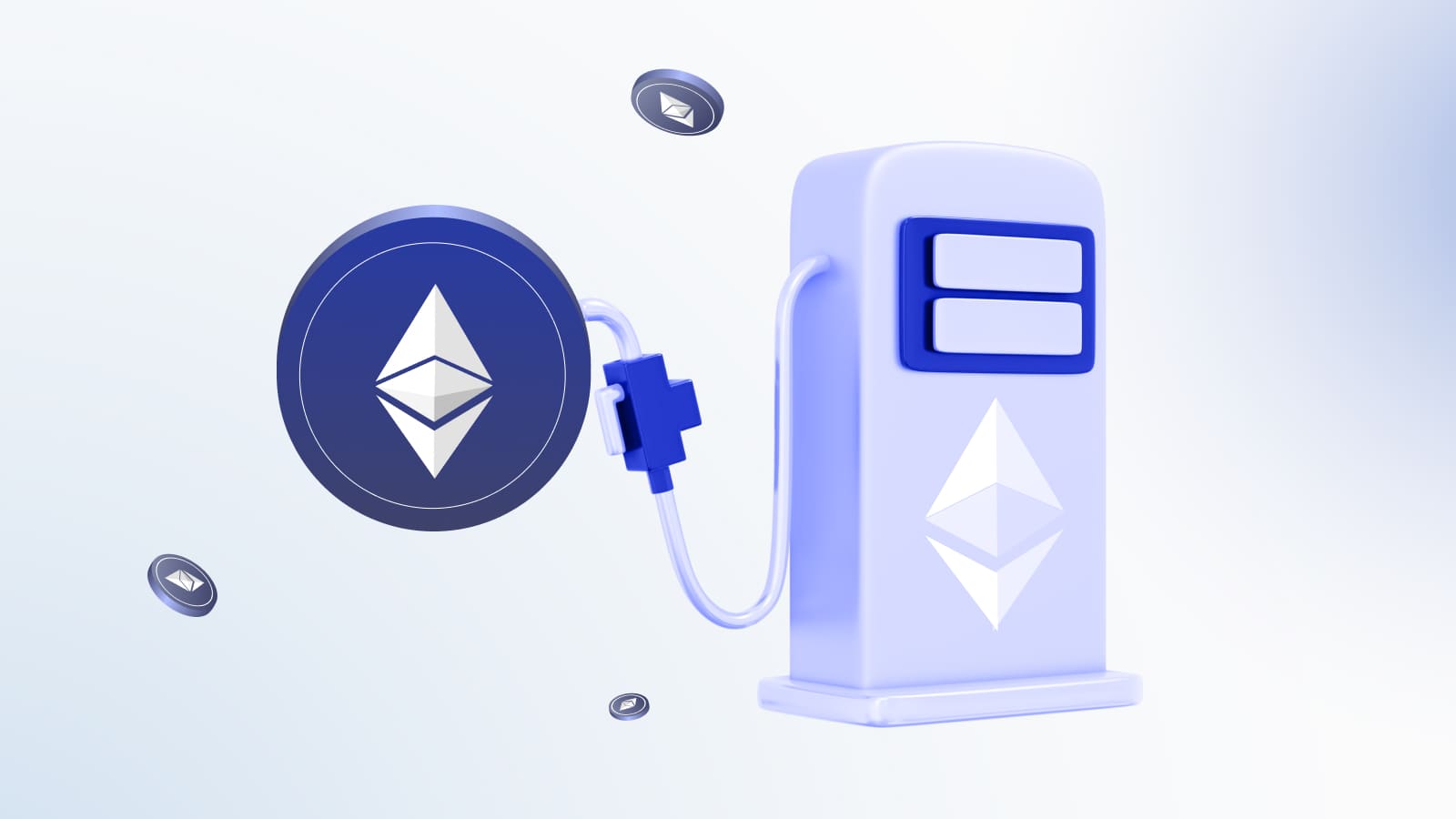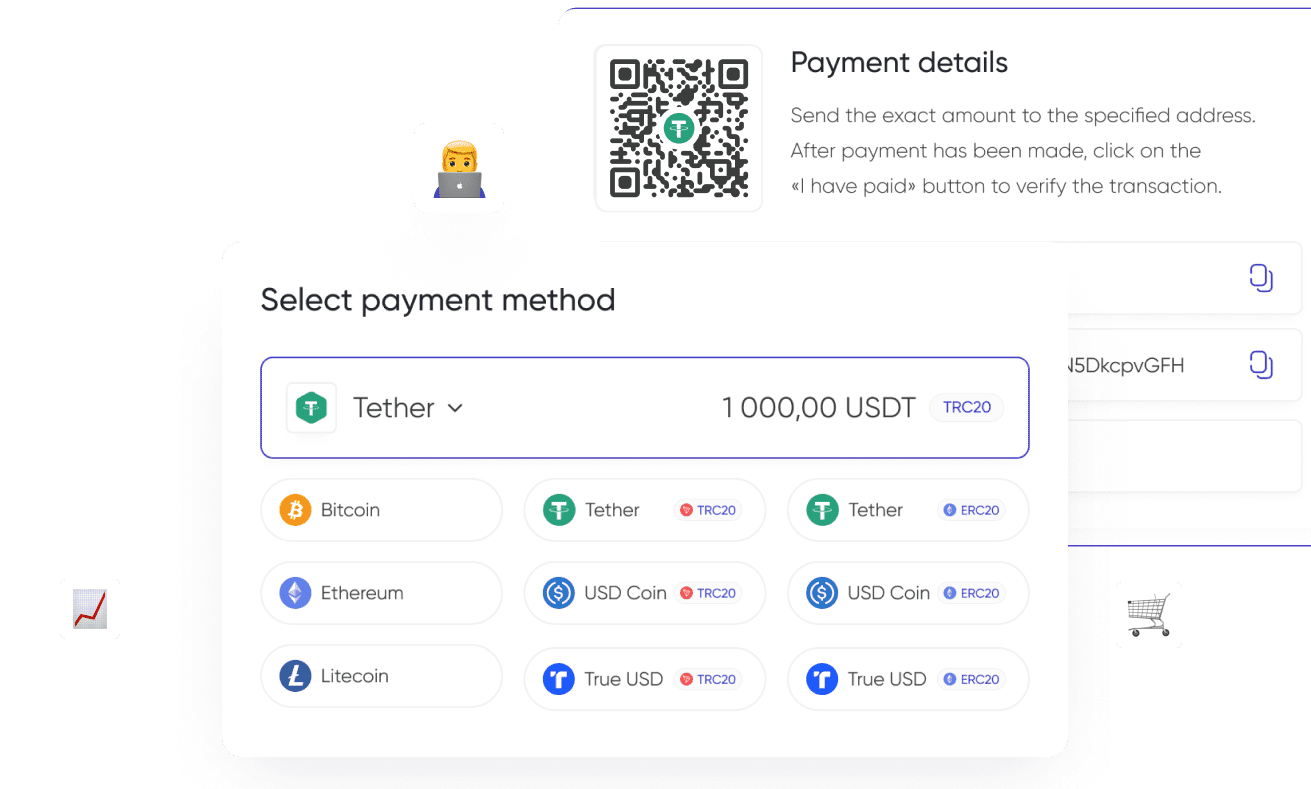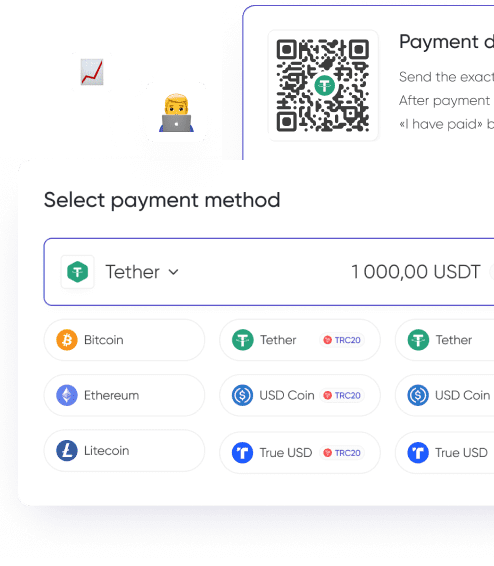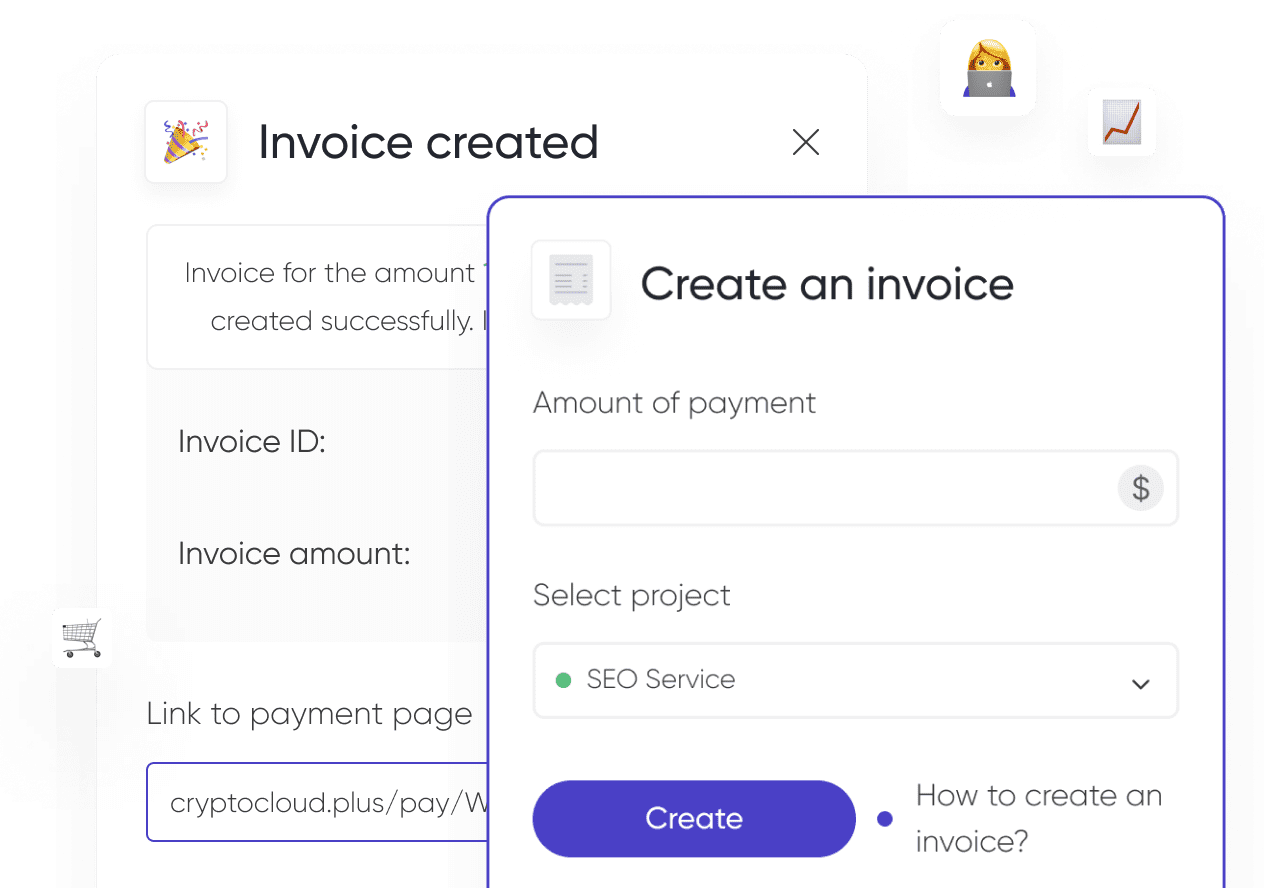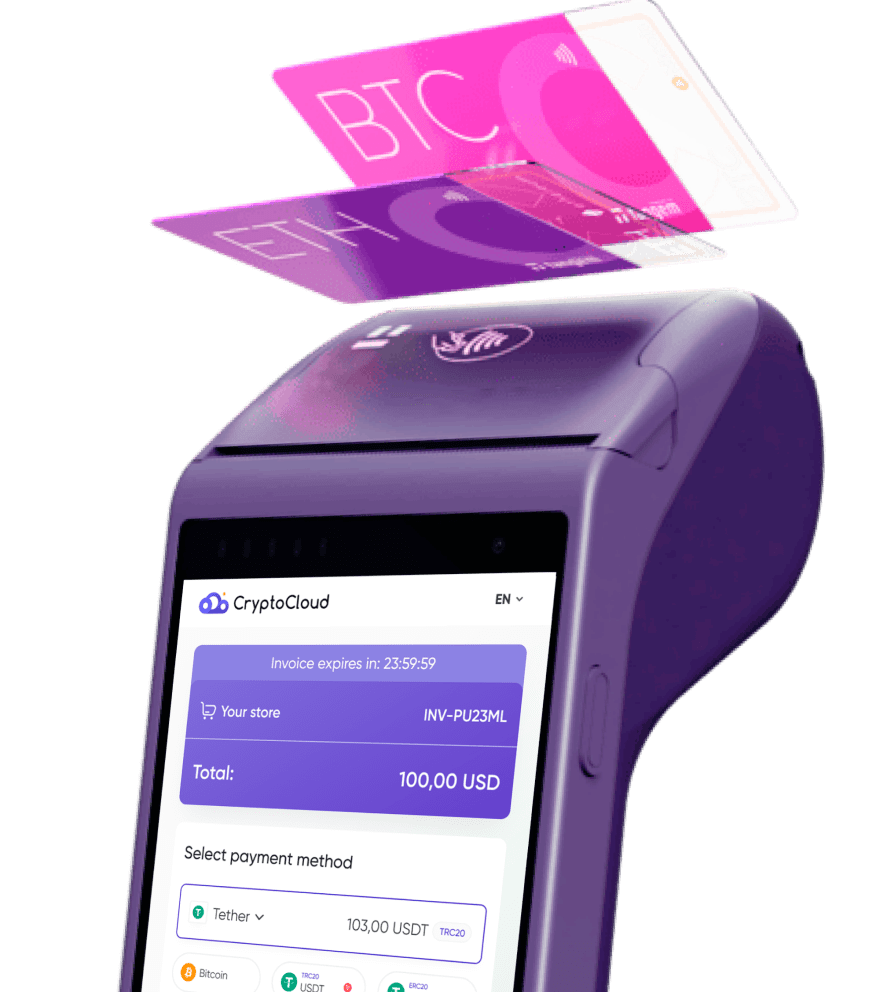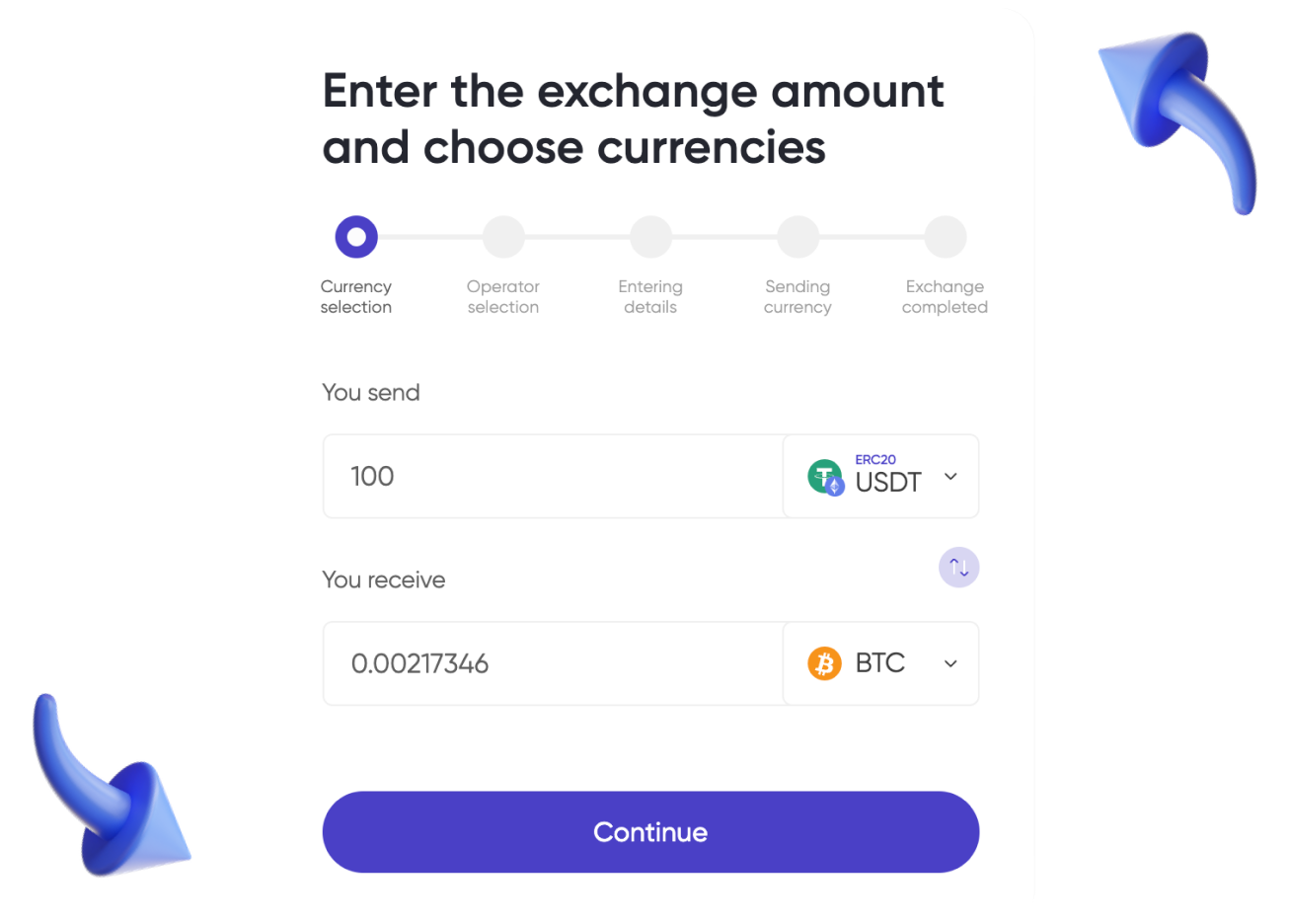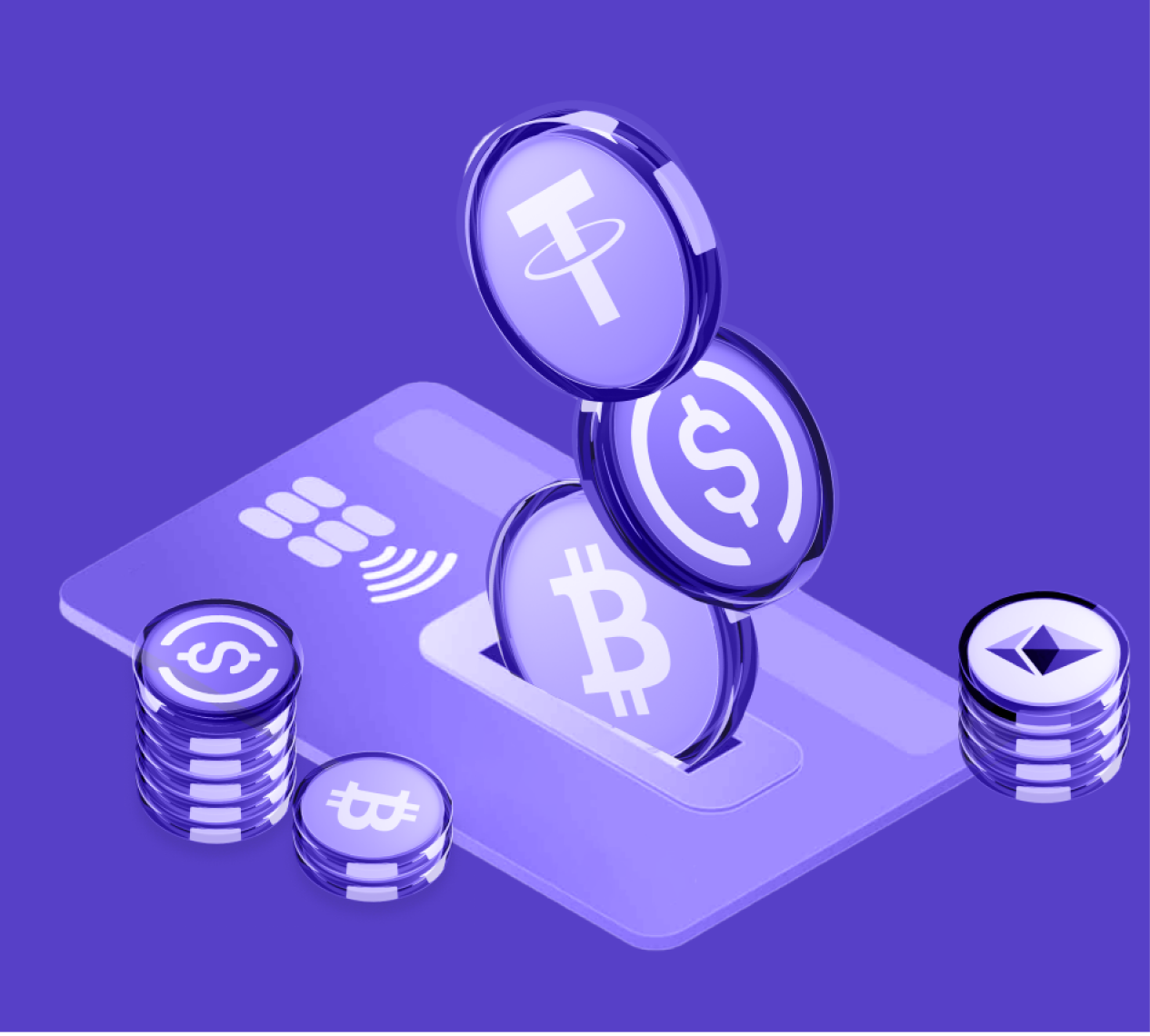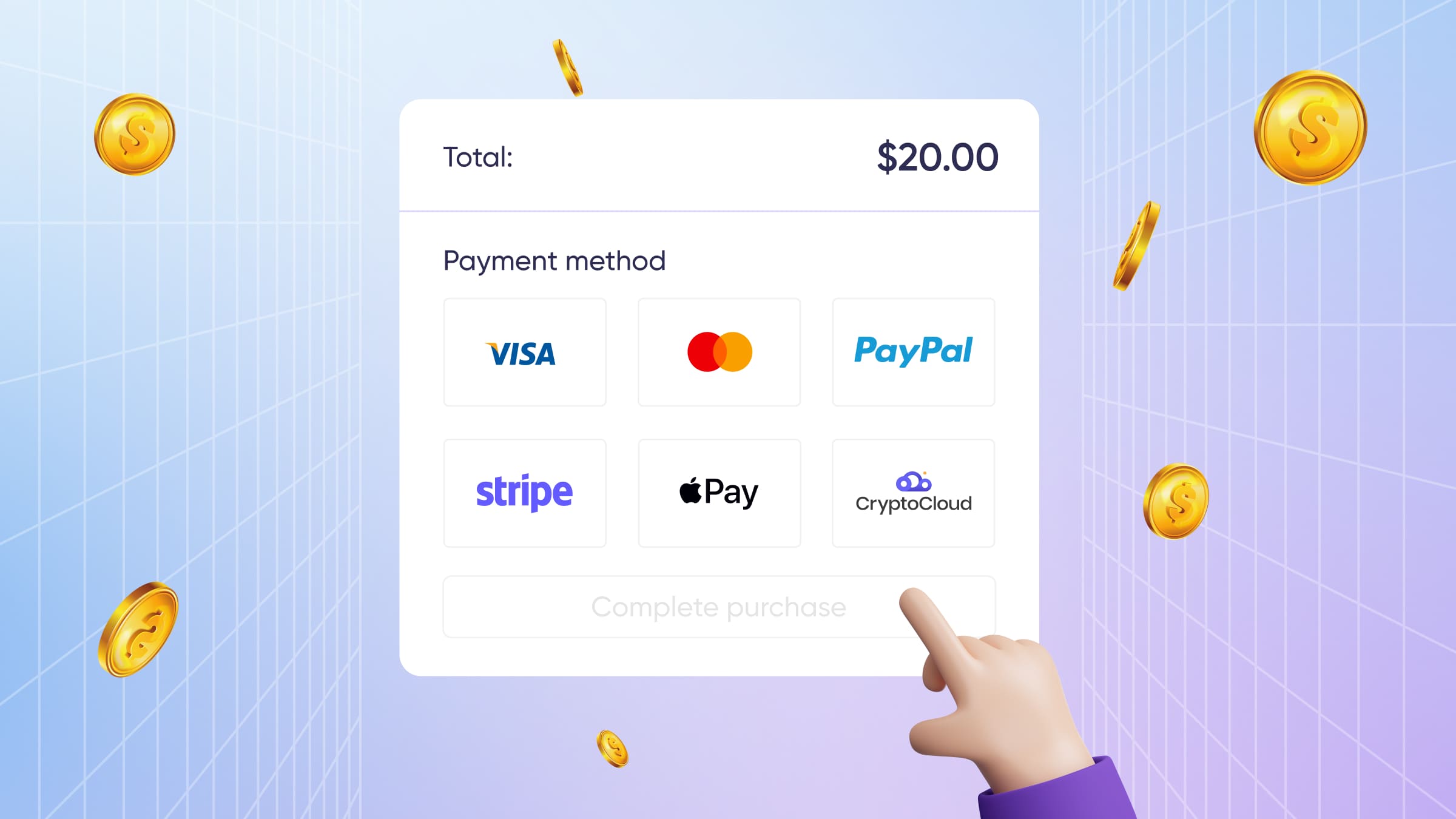Gas is a fee charged for a transaction on the Ethereum network. This is a notable difference between Ethereum and its counterparts, such as Bitcoin. Although Gas is perceived as a fee on the Ether network in terms of its function, in practice, it performs several tasks.
Gas usage is integral to conducting transactions, deploying dApps, and launching smart contracts. There is no way to reduce these costs to zero. However, with some understanding of gas properties, you can understand what gas costs depend on and how to minimize them.
What is Gas
Gas is a unit of measurement for computational work within the Ethereum network. It calculates the cost of resources needed to perform cryptocurrency transactions. Gas got its name by analogy with the fuel needed for any trip. Therefore, Gas is conventionally called the «fuel» of the network. In this case, miners are compared to gas stations, thanks to which it is possible to make «trips», that is, to perform transactions.
The more energy is used to carry out a transaction, the more Gas will need to be spent. This is one of the main differences between Ethereum and other cryptocurrency networks, such as Bitcoin. When the user only needs to choose the commission size, the higher the transaction, the faster it will be carried out.
What Ethereum is, how its blockchain works, how it differs from Bitcoin, and how to accept payments in Ether we have detailed in our article.
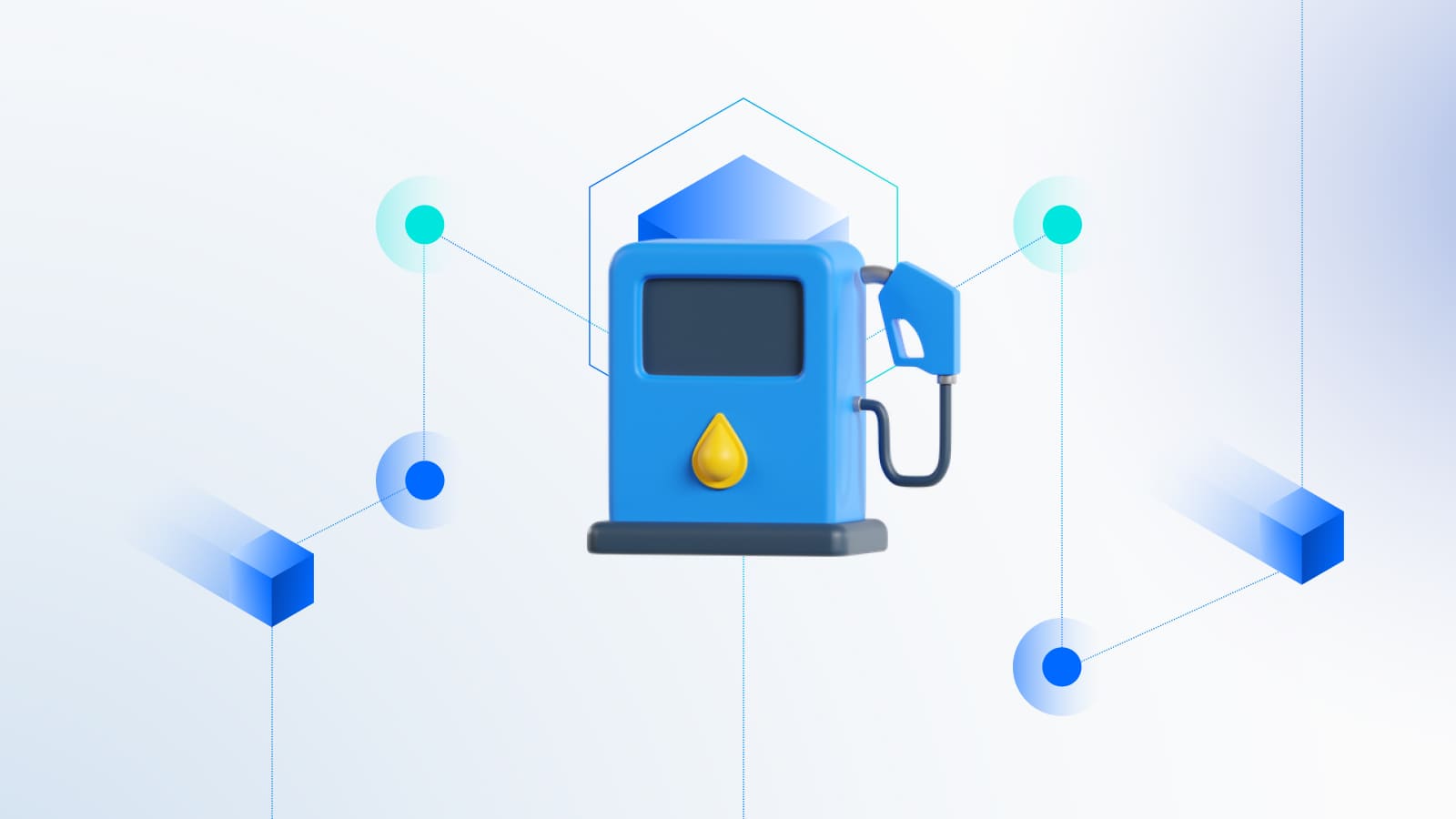
The Difference Between a Gas Limit and Its Price
Gas does not have a fixed price in itself. Instead, the sender sets two fundamental values during each transaction:
Gas Limit — the limit on the amount of Gas that can be charged per transaction;Gas Price — the price of Gas chosen by the initiator of the transaction.
First of all, the limit is necessary for developers to avoid mistakes and too high costs. If it turns out too high, the difference over and above what is necessary will be returned to the sender's wallet. However, if the limit is too low, the Gas of the Ethereum network will be wasted - the transaction will be rejected, and the costs will not be returned.
The price comprises a base fee (the minimum amount of Gas required to include a transaction on the blockchain) and a tip or priority fee (the extra amount users pay for faster transactions).
The total cost of a transaction is the product of the gas limit and its price.
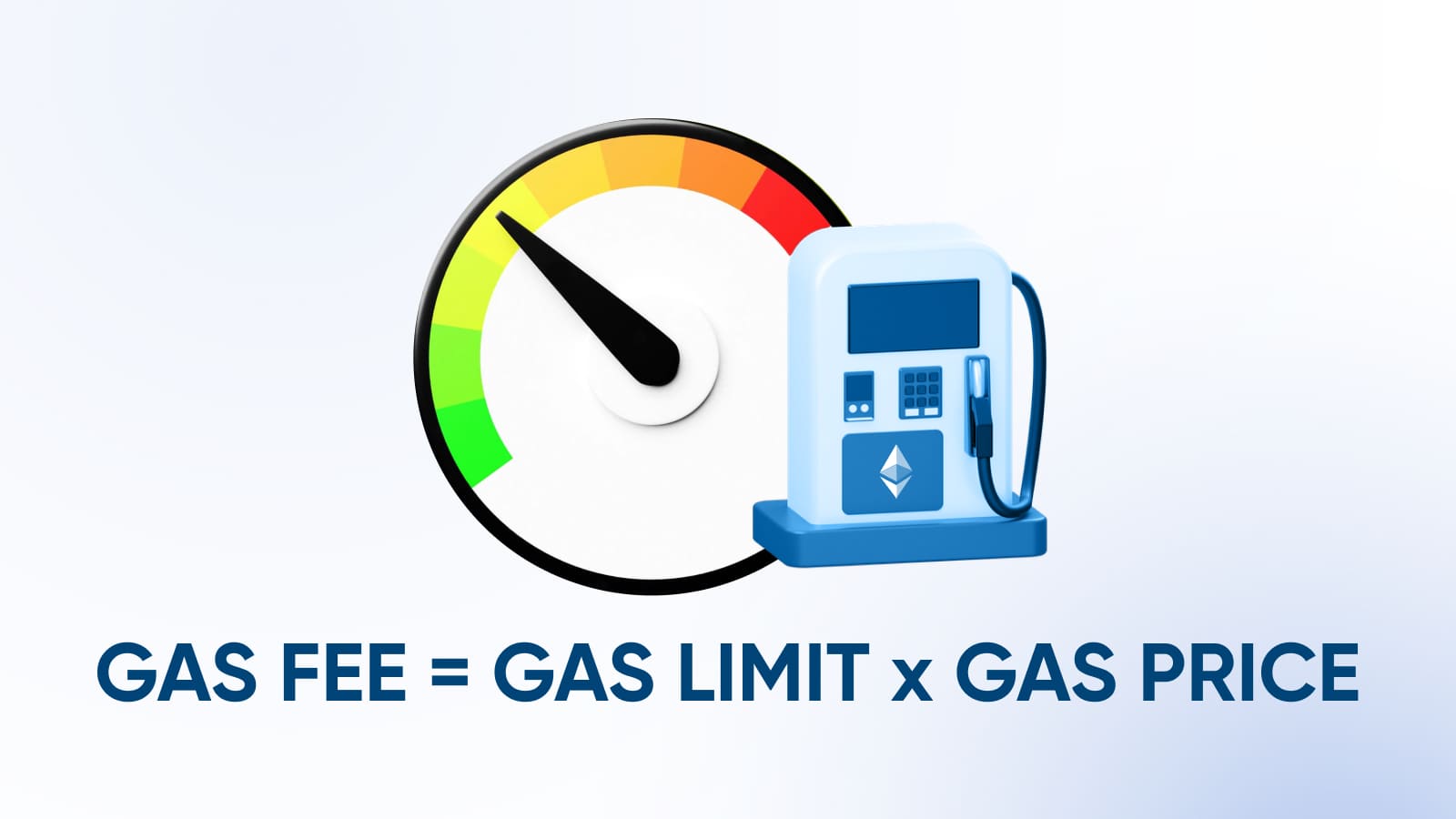
The unit of measurement for the value of Gas is wei. For convenience, Gwei is more commonly used, which is equal to 0.000000001 Ether or 1,000,000,000,000,000 wei.
There is no fixed cost of transactions, it varies depending on the network load.
What the Gas Is For and How It Works
Thanks to the internal «fuel», it is possible to separate the computational costs of the Ethereum Virtual Machine (EVM) and the real value of Ethereum. In addition, Gas is used to incentivize miners and secure an Ethereum transaction.
The resource cost of each transaction depends on how many commands the virtual machine needs to execute. This is the basis for calculating the fee in each case. Some services provide esimated gas price for the convinience of users. On such platform in Etherscan. Learn more about it in our article.
An additional convenience of Gas is that it is embedded in the Ethereum network. The price of Gas in cryptocurrency is calculated in Ethers automatically and added to the transfer amount.
How to Reduce Gas Fees
Some of the main ways to reduce the cost of gas fees include:
- picking a time when the network is not heavily loaded;
- use various sites and apps to estimate gas commissions (e.g. Etherscan);
- optimize payments in Ethereum by combining multiple transactions into one.
The separation of databases is expected to reduce network load further and lower the cost of Gas on the Ethereum network.
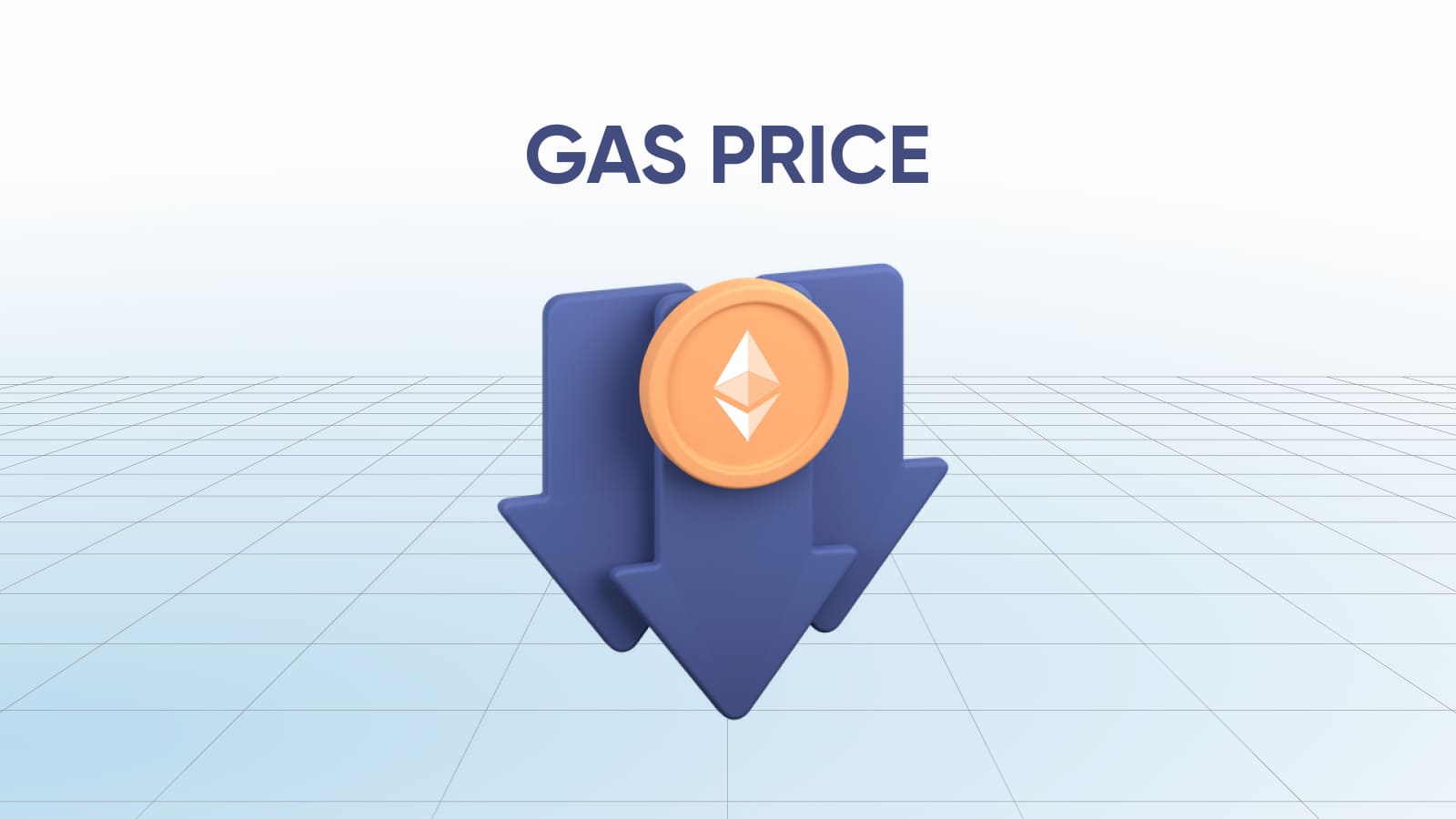
Why It Is Important to Know About Gas Payments on the Ethereum Network
Entrepreneurs are increasingly using cryptocurrency to accept international payments, as it is virtually uncontrollable by individual states and banks. Ethereum has become particularly popular.
Gas secures transactions in Ethereum and incentivizes the work of miners. How it is structured and why it is needed is necessary to understand to manage the value of your transactions.
After reading our article, we hope it will be easier for you to navigate the establishment of commissions when making payments with this cryptocurrency.

